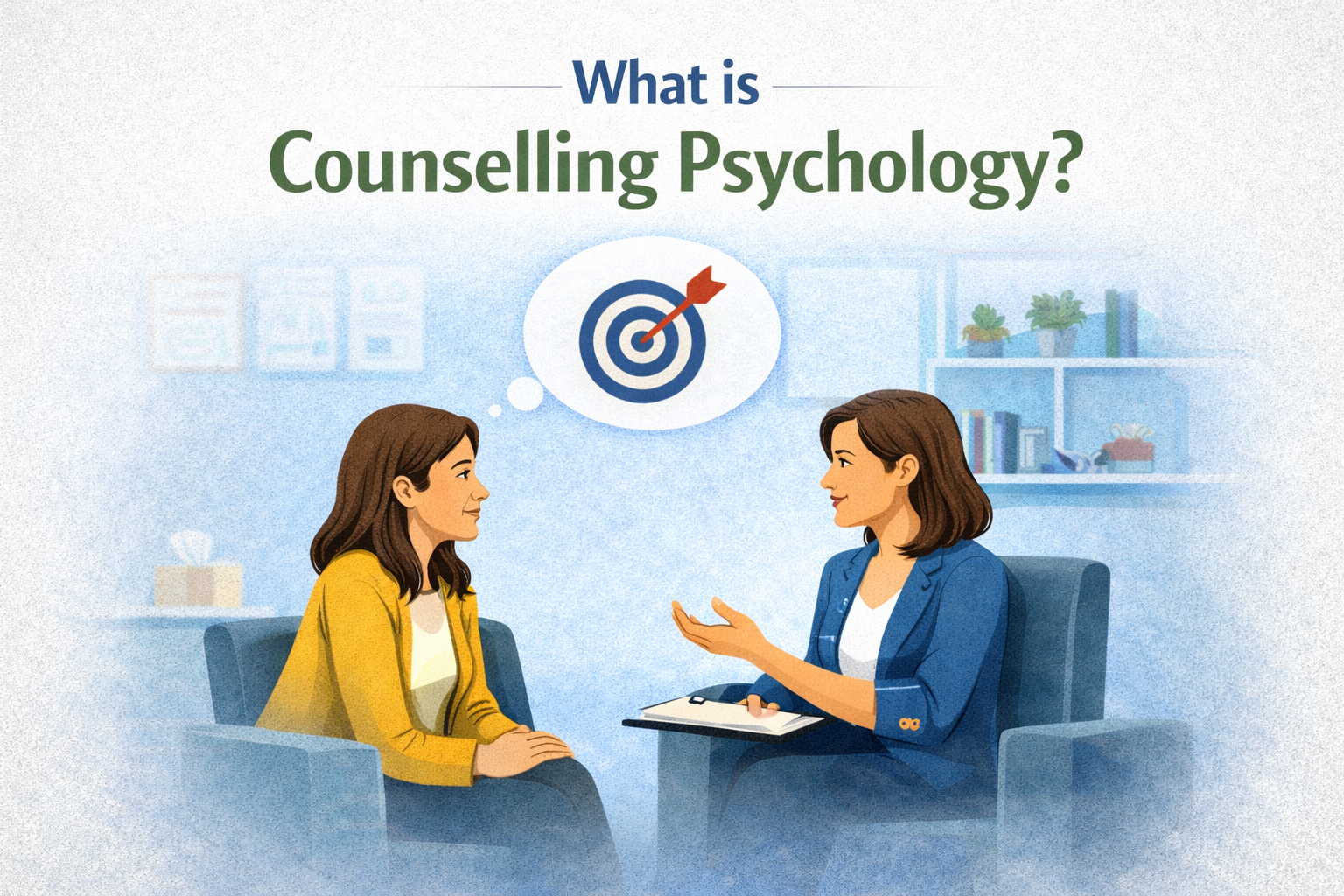Introduction Are you looking to pursue a B.Arch degree in the future? In India, three of the primary gateway exams - NATA, JEE Main Paper 2, and AAT - can help pave your architectural journey. Over the past five years, qualifying marks, registration numbers, and testing formats have evolved. As we look ahead to 2026, staying grounded in accurate, data-driven insights will help you plan effectively. This blog walks through all key exams, presents year-wise statistics with exact figures, highlights what’s changing, and guides your preparation with a clear action plan. 1. NATA - National Aptitude Test in Architecture NATA, conducted by the Council of Architecture, remains the most widely accepted test for B.Arch admissions across institutions in India. Here are the official qualifying marks from the past five years: • NATA qualifying marks 2021: 70 / 200.coa.gov.in • NATA qualifying marks 2022: 70 / 200.coa.gov.in • NATA qualifying marks 2023: 70 / 200 (CoA notices and brochures). coa.gov.in • NATA qualifying marks 2024: 70 / 200. coa.gov.in • NATA qualifying marks 2025: published brochure records 60 / 200 in the document (see official brochure). nata.in Why does this matter? A drop from 70 to 60 (as in the 2025 brochure copy) lowers the immediate qualifying hurdle; however, college-wise cutoffs for admission are separate and usually higher. Use the official NATA brochure for the authoritative qualifying rule each year. nata.in 2. JEE Main - Paper 2 (B.Arch / B.Planning) (National Testing Agency) JEE Main Paper 2 (Paper-2A for B.Arch) tests …
Categories
Mental Health awareness has pushed people to consider the impact of stress, emotional challenges, and social implications on their behaviour and actions. This simple realization has allowed people to take mental health concerns as seriously as physical health problems. One of the primary stages for a patient to consider a mental health consultation and book a counselling psychology appointment as soon as possible. What is counselling psychology? Psychology is all about understanding concerns and conditions affecting mental health and devising plans that effectively bring about changes to their lives, and one such way is through counselling. Counselling psychology is a subfield of Psychology, where the patient is sent to a licensed psychologist for counselling sessions to discuss their problems and the best course of treatment. Counselling psychologists in practice use a broad range of cultural, social, and personal information to determine the cause of crisis or distress, and actively work on resolving each issue so patients can function without mental or emotional outbursts and live a balanced life. Who Is The Right Candidate For Specializing In Counselling Psychology? Patients with psychological issues tend to require special care and attention, which the psychologists have been trained and equipped to perform. Hence, the qualities that are most valued in psychology are empathy, compassion, understanding, communication, and lastly, professionalism. Along with this, a master’s degree in counselling psychology teaches you tactical skills like counselling techniques, personality theory, developmental psychology, and client assessment and evaluation. Aspiring psychologists must complete the following steps to build …
Introduction Films, cinema, or movies, however you phrase it, are a popular medium of entertainment and information consisting of photographic and videographic instances. The visual art in motion pictures has duly attracted audiences from all walks of life in celebrating and experiencing the magic of cinema. Today’s filmmaking courses build on the fundamental ideas established by the pioneers of cinema, while incorporating modern technologies and tools that shape contemporary filmmaking. A Brief History of Cinema & Film-Making Beginning from the end of the 19th century and the early 20th century, the world witnessed the emergence of cinema as a form of mass media. Since its inception, it has quickly become an effective medium for evoking emotions, disseminating information, or propaganda. For instance, during the war years, cinema increasingly became political and was used by national leaders to spread propaganda. Despite rapid technological shifts, the art of cinema has not lost its appeal. With visionaries like Jean-Luc Godard, Federico Fellini, François Truffaut, and Alfred Hitchcock, the film industry and the craft of filmmaking took a significant leap forward. By the late 1900s, cinema had become a cultural favourite, with moving images captivating audiences far beyond the camera’s frame. Popular Types of Film Genres Historically, films have been used to portray a story, send a message, spread propaganda, or simply mesmerise audiences with their visual artistry. The diverse interpretations of films eventually gave rise to a wide range of popular genres. Some of these genres are inspired by storytelling devices used in …



